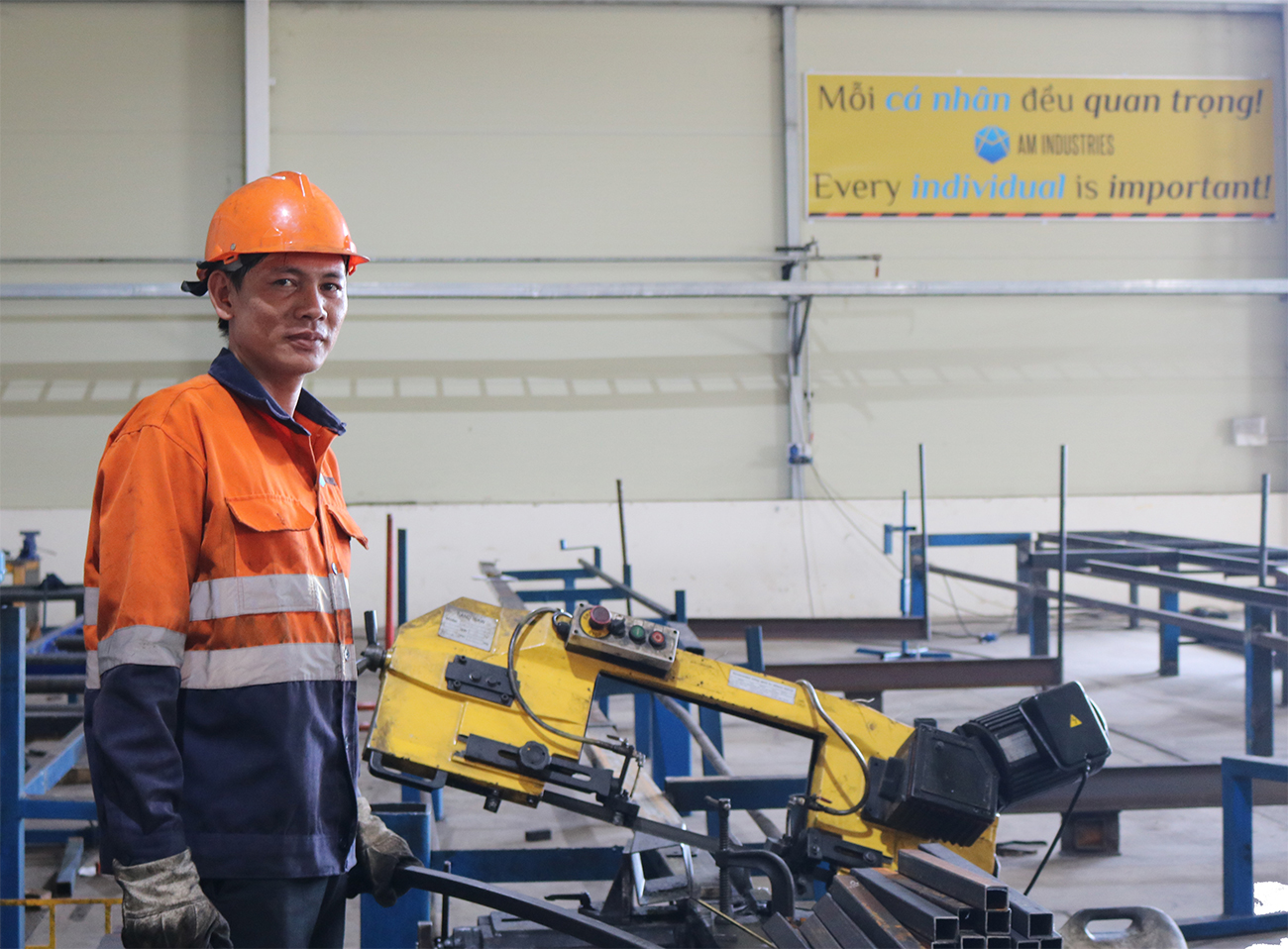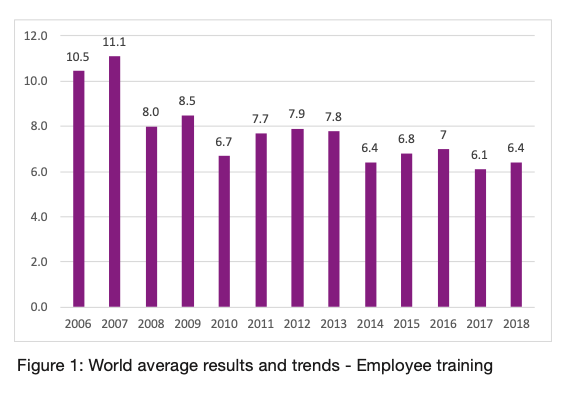Working in the steel industry
The steel industry offers career opportunities in many different fields and often in an international setting. Steel companies are committed to fostering the well-being of their employees and provide them with a safe and healthy work environment. Steel companies around the world also work closely with universities in the development of learning and research initiatives to develop future talent and promote innovation.
Career opportunities
The steel industry employs people with many different skills and diverse knowledge, who have the ability to work in multi-disciplinary teams. Metallurgy, materials science, physics, chemistry, engineering, environment, mathematics, information technology and computer science, languages, business, and accountancy are just a few of the disciplines where expertise is sought after in the steel industry.
Steel companies can offer challenging and rewarding careers, often in an international context with opportunities to travel and experience many cultures. Employees can quickly gain experience, responsibility and leadership.
Training and recruitment opportunities are available in most steel companies in various functions, including manufacturing and production, engineering and process development, technology, sustainability, research and development, market and product development, commercial, purchasing and logistics, finance, strategy and human resources.

Employment trends
Steel manufacturing is a competitive global industry. Consolidation within the industry and continual improvements in manufacturing operations have contributed to increased productivity. Hence, employment levels have decreased, despite expanding steel production. However, in the coming years, job opportunities are expected to be very good for engineers and skilled production and maintenance workers.
According to a report released in 2019 by Oxford Economics, the steel industry employs 6.1 million people. For every 2 jobs in the steel sector, 13 more jobs are supported throughout its supply chain. 40.5 million people work within the steel industry’s global supply chain.
Employee training and education
The steel industry is committed to offering employees opportunities to further their education and develop their skills. Not only is this a way of enhancing the quality of work and productivity but it also boosts employee satisfaction.
The impact of innovation
- As the industry continues to introduce technological innovations, the profile of the workforce will evolve and require higher levels of education and training than ever before. This is particularly true with the development of “breakthrough”, or next-generation steel making technologies that will be low in CO2 emissions and result in significant changes to the way that steel is made. In this context, the demand for engineers, computer scientists, business majors, and skilled production workers is expected to remain strong.
- This requires a significant skill level throughout the industry for electrical and mechanical systems as well as software and programming.
- An effective employee training program limits job turnover and can bring increased innovation in strategies and products, resulting in improved operations.
- On average, steel companies provided each employee with 6.4 training days in 2018. Employee training refers to the instruction provided to enhance the skills, capabilities and knowledge of employees. This training may involve various delivery methods such as classroom instruction, computer-based training, or on-the-job instruction.
- Steel companies around the world also cooperate with universities to provide employees with further educational opportunities.
Developing future talent
Steel companies require graduates from many different disciplines and backgrounds, therefore various initiatives and programs have been developed to provide educational opportunities for potential future employees. These initiatives include scholarships, research sponsorship, internships, e-learning and tours of production plants and research facilities.

Steel companies around the world face a shortage of talent in fields such as metallurgy, materials science, physics, chemistry, engineering and mathematics.
World steel strives to close this gap in the industry through the steel university program, which is a successful initiative launched in 2003.
The steel industry needs to attract and retain young talent to drive the process of innovation forward. steel university delivers education and training to current and future employees of steel companies and related businesses. Learning is delivered online at steeluniversity.org and in person, sharing knowledge on steel manufacturing, metallurgy, steel applications, environment, safety, and steel business.
Annual highlights include steel management (a four-day residential course on steel business strategy) and steel challenge (a global competition for young people using a manufacturing simulation).
A safe working environment for all employees is the number one priority for steel companies. Safety requires a permanent 100% commitment from everyone in a steel plant. Most importantly, safety requires commitment from senior management, which sets the culture in which everyone knows that safety must not be compromised for any other objective. The most successful steel companies are also the safest.
- Accidents still occur at steel plants worldwide. However, they are consistently decreasing in proportion to hours worked at most companies.
- The steel industry has seen a steady and notable reduction in the Lost Time Injury Frequency Rate which has decreased from 4.55 in 2006 to 0.84 in 2018, a reduction of 82%.
- To prevent work-related accidents, steel companies implement safety policies to improve employee training and awareness.
- world steels “Safety and Health Principles Guidance Booklet” sets out six safety and health principles for the industry.
- In 2014, world steel launched its first Steel Safety Day to increase awareness of the main causes of serious incidents with the aim of making the workplace safer. This has now become an annual event.
- Companies adopt Occupational Safety and Health (OSH) Management Systems to report, record and notify work-related injuries, fatalities and incidents.
Sourced: worldsteel.org

